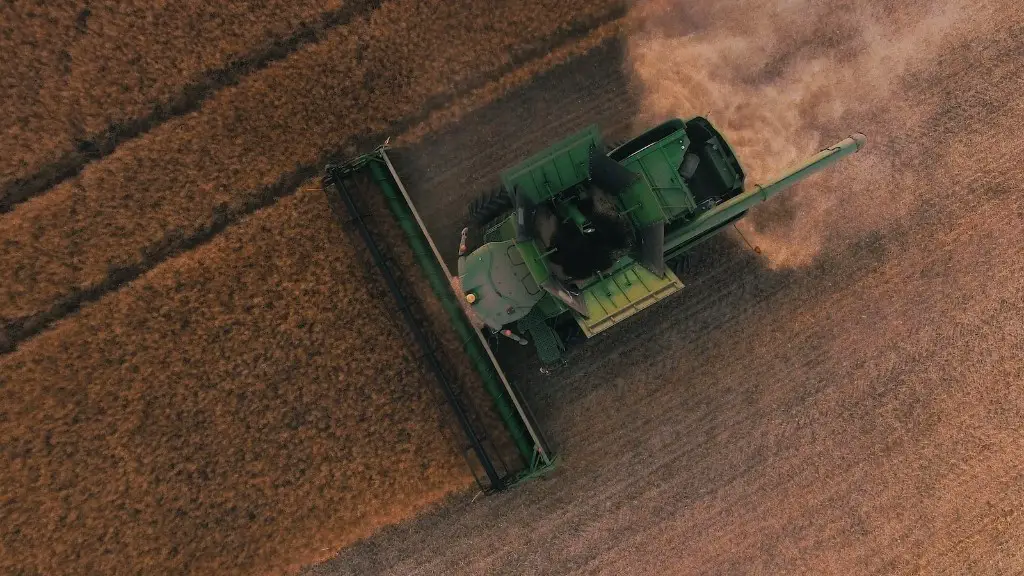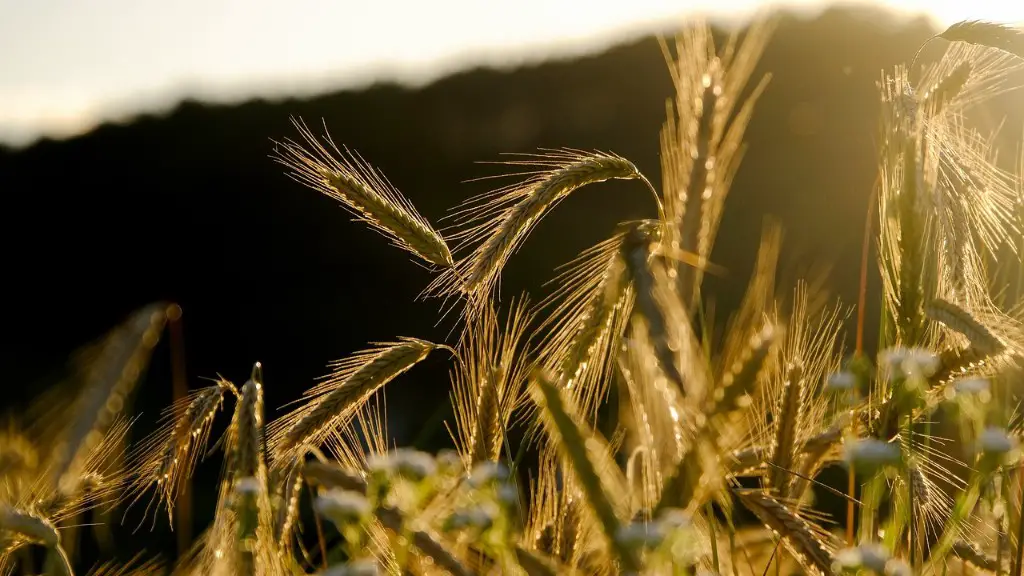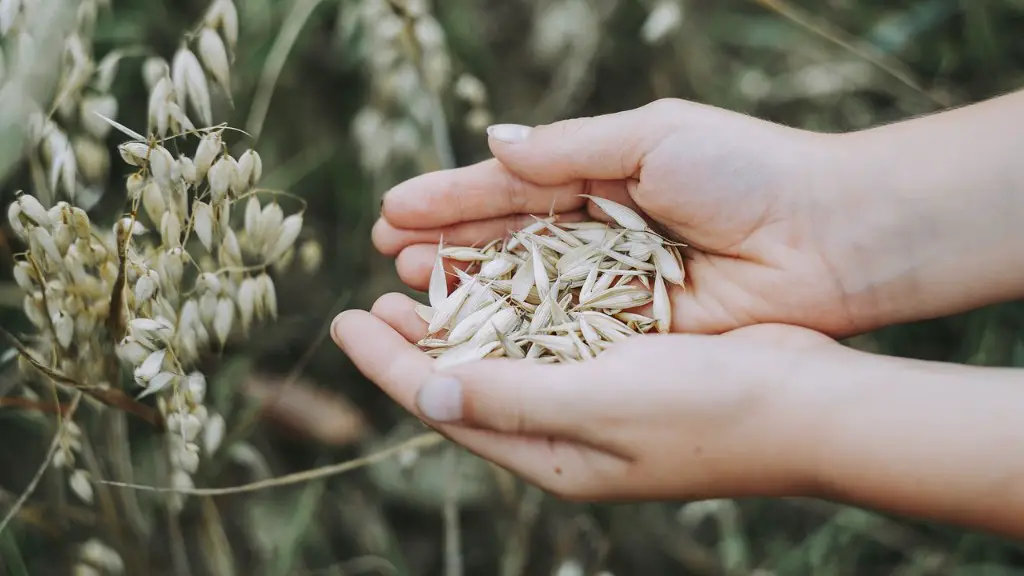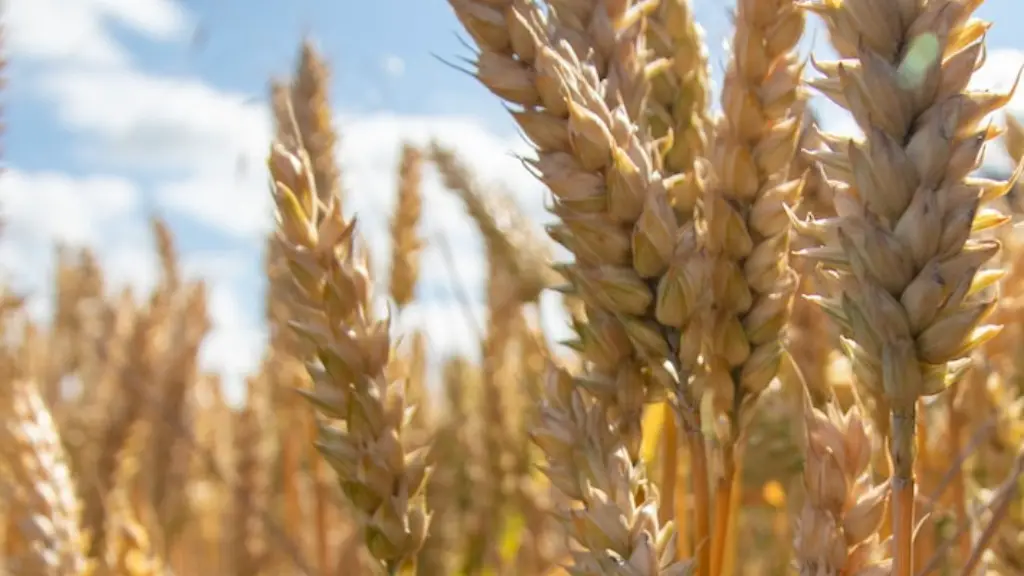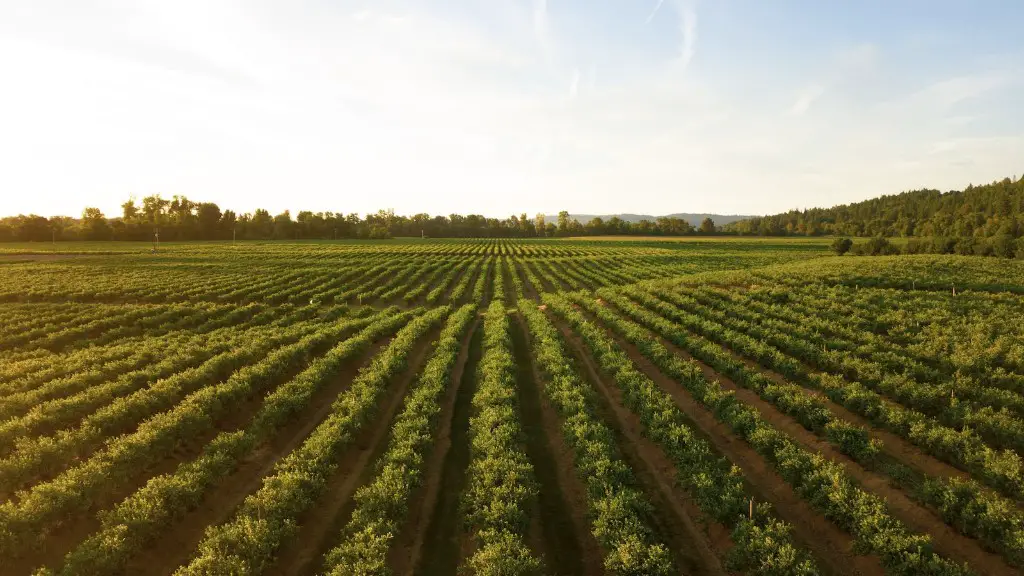The use of pesticides in agriculture is a controversial topic. Some people argue that we should reduce the use of pesticides in agriculture in order to protect the environment and human health. Others argue that the use of pesticides is necessary to produce enough food to feed the world’s growing population.
The debate over the use of pesticides in agriculture is likely to continue for many years. In the meantime, it is important to make sure that we use pesticides safely and only when necessary.
The main reason to reduce the use of pesticides in agriculture is because they are potentially harmful to human health. Pesticides can contain chemicals that can be toxic if they are ingested or come into contact with skin. Some pesticides may also cause cancer. In addition, pesticides can be harmful to the environment, including polluting waterways and killing beneficial insects.
What are the disadvantages of using pesticides?
Pesticides are designed to kill pests, but they can also harm other organisms. When pesticides migrate, they can come into contact with other organisms and potentially harm them. Pesticides have also been demonstrated to disturb an ecosystem’s balance. When a pesticide is used, it often kills non-pest creatures as well. This can disrupt the entire food chain, potentially harming the ecosystem as a whole.
There are many non-chemical methods for controlling pests that can be used in your lawn and garden. Introducing beneficial insects and wild, native plants can help to reduce the amount of chemicals you need to use. Physical methods, such as hand weeding, mulching, or setting traps, can also be effective in reducing the population of pests in your garden.
Why are pesticides bad for farmers
Pesticide exposure can have a range of different toxic effects on humans, from mild irritation or other allergic symptoms, to more severe effects like headaches, dizziness, or nausea. Some pesticides, such as organophosphates, can even cause more severe symptoms like convulsions, coma, or death. It is important to be aware of the potential dangers of pesticide exposure and to take precautions to avoid it.
Pesticides can have a negative impact on crop physiology by disrupting various processes, such as the development of reproductive organs, growth reduction, and alteration of carbon and/or nitrogen metabolism. This can lead to lower nutrient availability for plant growth.
Why is it important to not use pesticides?
Pesticides can have a negative impact on the environment. They can contaminate soil, water, turf, and other vegetation. In addition to killing insects or weeds, pesticides can be toxic to a host of other organisms including birds, fish, beneficial insects, and non-target plants.
Pesticides have been linked to cancer, Alzheimer’s Disease, ADHD, and even birth defects. Pesticides also have the potential to harm the nervous system, the reproductive system, and the endocrine system.
What are the harmful effects of pesticide on environment?
Pesticides can have a devastating effect on aquatic ecosystems. They can accumulate in bodies of water to levels that kill off zooplankton, the main source of food for young fish. Pesticides can also kill off insects on which some fish feed, causing the fish to travel farther in search of food and exposing them to greater risk from predators. Aquatic ecosystems are complex systems that are very sensitive to changes in the environment. Pesticides can have a major impact on the delicate balance of these ecosystems.
Pesticides are designed to kill living things, so it’s no surprise that they can be harmful to humans. When people are exposed to large quantities of pesticides, they may experience acute poisoning, which can cause serious health problems or even death. Long-term exposure to pesticides may also lead to cancer or other health problems. Pesticides can also cause adverse effects on reproduction, so it is important to be careful when handling them.
How can we reduce the impact of pesticides on the environment
Cultural practices like plowing, crop rotation and removal of infected plant material can help reduce the population of pests and prevent their spread. Greenhouse and tillage equipment should be cleaned regularly to avoid the build-up of pests. Manure management should also be effective to prevent the contamination of crops.
Pesticides are an important part of modern agriculture and help to produce the high yields that we depend on. Without them, crops would be stunted, riddled with injuries and contaminated with microbes, contributing to food waste. Without crop protection, food would also be more expensive as more of it would be lost to pests.
Should we use pesticides in agriculture or not?
Pesticides are a key part of crop protection and without them, more than half of the world’s crops would be lost to insects, diseases and weeds. While pesticides are important, it is also important to use them safely and appropriately to minimize risks to human health and the environment.
Pesticides are chemicals that are used to kill pests, including weeds, insects, and rodents. Although pesticides can be effective at controlling pests, they can also contaminate our food, harm pollinators, and threaten our ecosystems. Pesticide contamination of food can occur during growing, harvesting, processing, and transportation. Pesticides can also harm pollinators, such as bees and butterflies, which can impact the pollination of crops and other plants. In addition, pesticides can leach into soils and water, and accumulate in the food chain, impacting the health of animals and humans.
Do pesticides do more harm than good
The indiscriminate use of pesticides has been linked to a decline in bird populations around the world. Neonicotinoids, in particular, are thought to be particularly harmful to birds. These pesticides are absorbed by plants and then passed on to the insects that feed on them. This can result in a build-up of the chemical in the insects’ bodies, which is then passed on to the birds that eat them.
There is evidence that neonicotinoids can adversely affect the reproduction, feeding and navigation of birds. These chemicals have also been linked to declines in bee populations, which could have knock-on effects for the birds that rely on bees for food. It is therefore essential that we take action to reduce the use of these harmful pesticides.
Many pesticide chemicals cause different types of cancers in humans. Some farmers use excess amounts of pest repellents, increasing their residues going into the ecosystem and polluting the environment. They cause land degradation and can have negative impacts on soil fertility in the long run.
What are two of the major issues with pesticides?
Pesticides are harmful to our wildlife and the environment. They have been linked to declines in bees and pollinators, beneficial insects, bird, mammals, aquatic animals and non-target plants. In addition, soil microorganism and earthworms are poisoned, leading to soil infertility.
The overuse of pesticides in the United States has led to significant economic and environmental losses. These losses include public health costs, pest resistance, crop losses, bird losses, and groundwater contamination. In total, these losses are estimated to be over $100 billion dollars per year. To help address this problem, the government has put in place regulations that restrict the use of certain pesticides. However, more needs to be done to protect the environment and the people of the United States from the harmful effects of pesticides.
What damage do pesticides cause
Pesticide exposure can have a variety of negative impacts on health. It has been linked to cancer, endocrine disruption, reproductive effects, neurotoxicity, kidney and liver damage, birth defects, and developmental changes in a wide range of species. Exposure to pesticides can also alter an organism’s behavior, impacting its ability to survive.
Pesticides have a variety of negative impacts on soil invertebrates. They can kill them directly, or reduce their reproduction, growth, cellular function, and overall species diversity. These impacts can have serious consequences for the health of our ecosystems.
Conclusion
There are a number of reasons to reduce the use of pesticides in agriculture. Pesticides can contaminate the soil and water, and can be harmful to human health. They can also kill beneficial insects, such as pollinators, and cause other ecological problems.
Pesticides are used in agriculture to protect crops from pests, but they can also be harmful to the environment. Pesticides can contaminate water supplies and soil, and they can also affect the health of farmers and farm workers. In addition, pesticides can kill beneficial insects, such as bees, which can impact the pollination of crops. For these reasons, it is important to reduce the use of pesticides in agriculture.

